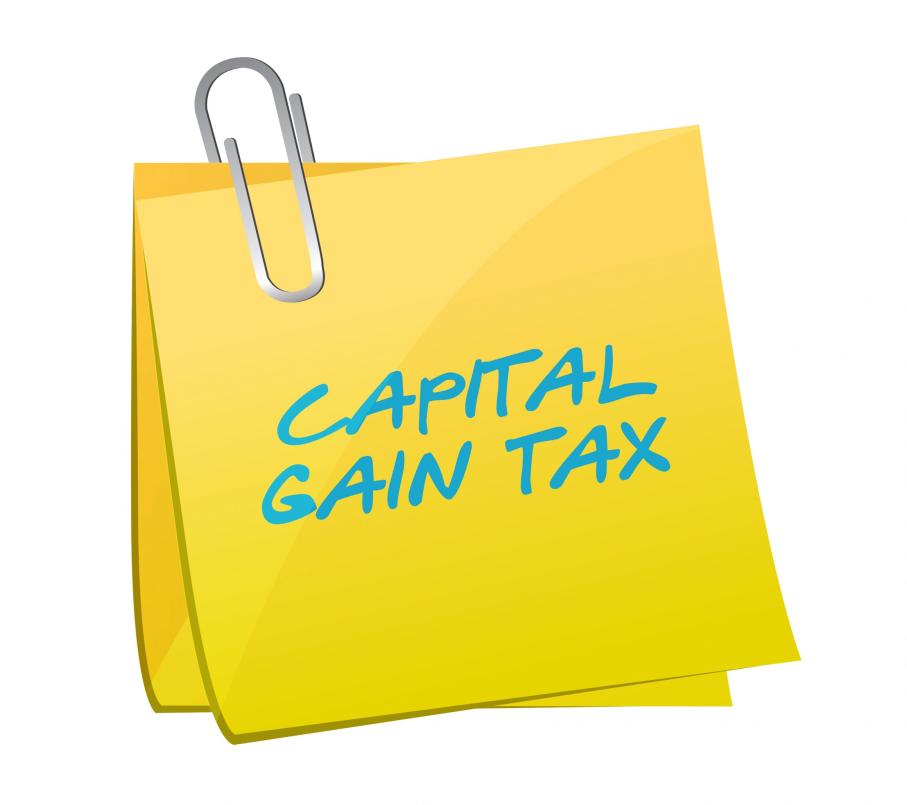What Are the Resources Available to Help Me Understand Capital Gains Tax?
Capital gains tax is a significant consideration for investors, as it can impact the profitability of their investments. Understanding the implications of capital gains tax is crucial before making investment decisions. This article explores the various resources available to help investors comprehend capital gains tax and provides strategies for tax planning.

Types Of Capital Gains Tax Resources
There are several resources available to help investors understand capital gains tax. These resources can be categorized into three main types:
- Government Resources:
The Internal Revenue Service (IRS) provides comprehensive information on capital gains tax laws, rates, and regulations. The IRS website offers online calculators to estimate capital gains tax liability, downloadable forms and publications for tax reporting, and detailed guides to understanding capital gains and losses.
- Financial Advisors and Accountants:
Consulting with a qualified financial advisor or accountant can provide personalized advice based on an individual's financial situation and investment goals. They can help investors understand the tax implications of different investment strategies, assist with tax planning and preparation, and minimize capital gains tax liability.
- Online Resources:

Numerous online resources are available to help investors understand capital gains tax. Tax preparation software, online tax calculators, financial news websites, and blogs provide up-to-date information on capital gains tax laws and regulations, insights from financial experts, and step-by-step guidance for accurate tax reporting.
Understanding Capital Gains Tax Implications
Understanding the implications of capital gains tax is essential for making informed investment decisions. Key aspects to consider include:
- Short-Term vs. Long-Term Capital Gains:

Capital gains are classified as either short-term or long-term, depending on the holding period of the asset. Short-term capital gains are taxed at ordinary income tax rates, while long-term capital gains benefit from lower tax rates.
- Basis and Holding Period:
The basis of an asset is its original cost, and the holding period is the length of time the asset is held. The basis and holding period determine whether a capital gain is short-term or long-term.
- Capital Gains Exclusions and Deductions:
Various exclusions and deductions can reduce capital gains tax liability. Common exclusions include the home sale exclusion and investment expenses. Deductions may include expenses incurred in the sale or exchange of capital assets.
Tax Planning Strategies For Capital Gains
Investors can employ several tax planning strategies to minimize capital gains tax liability:
- Tax-Loss Harvesting:
Tax-loss harvesting involves selling investments that have experienced a loss to offset capital gains from other investments. This strategy can help reduce overall tax liability.
- Long-Term Investment Strategies:
Adopting long-term investment strategies can benefit from lower capital gains tax rates. Holding investments for the long term allows capital gains to accumulate and potentially qualify for long-term capital gains treatment.
- Retirement Accounts:
Investing in retirement accounts, such as IRAs and 401(k)s, offers tax advantages. Capital gains within retirement accounts are typically deferred or eliminated, providing tax savings.
Understanding capital gains tax is crucial for investors to make informed investment decisions. Various resources are available to help investors comprehend capital gains tax, including government resources, financial advisors, and online resources. By seeking professional advice, staying informed about capital gains tax laws and regulations, and implementing tax planning strategies, investors can minimize their capital gains tax liability and maximize their investment returns.
YesNo

Leave a Reply